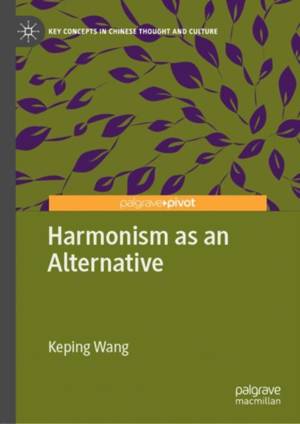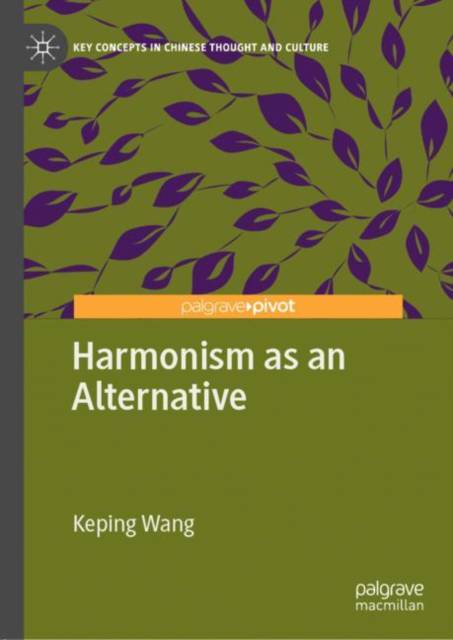
- Retrait gratuit dans votre magasin Club
- 7.000.000 titres dans notre catalogue
- Payer en toute sécurité
- Toujours un magasin près de chez vous
- Retrait gratuit dans votre magasin Club
- 7.000.0000 titres dans notre catalogue
- Payer en toute sécurité
- Toujours un magasin près de chez vous
Description
This Key Concepts pivot considers the fundamental Chinese cultural ideal of harmony (hé/和). Historically originating from Confucianism, the concept of harmony sits at the heart of Chinese traditional culture, which is characteristically morality-based and harmony-conscious due to the central role of pragmatic reason and wisdom nurtured through Confucianism, Daoism, Mohism, Legalism and other schools of thought. This pivot delineates the rationale of the Chinese philosophy of harmony and its implications for modern social practices worldwide. It notably reexamines the relevance of hé beyond the realm of philosophy, and how this concept can impact on modern day human relations, amongst individuals and families as well as on a wider societal scale. It explores how hé can affect perspectives on political interaction, international relations and human conflict, as well as the interaction between man and nature. Addressing the inevitable tension between theory and practice, this bookargues for the very real relevance of hé in 21st century cultural, social, political and economic spheres in China and beyond.
Spécifications
Parties prenantes
- Auteur(s) :
- Editeur:
Contenu
- Nombre de pages :
- 148
- Langue:
- Anglais
- Collection :
Caractéristiques
- EAN:
- 9789811335631
- Date de parution :
- 22-01-19
- Format:
- Livre relié
- Format numérique:
- Genaaid
- Dimensions :
- 148 mm x 210 mm
- Poids :
- 353 g

Les avis
Nous publions uniquement les avis qui respectent les conditions requises. Consultez nos conditions pour les avis.






